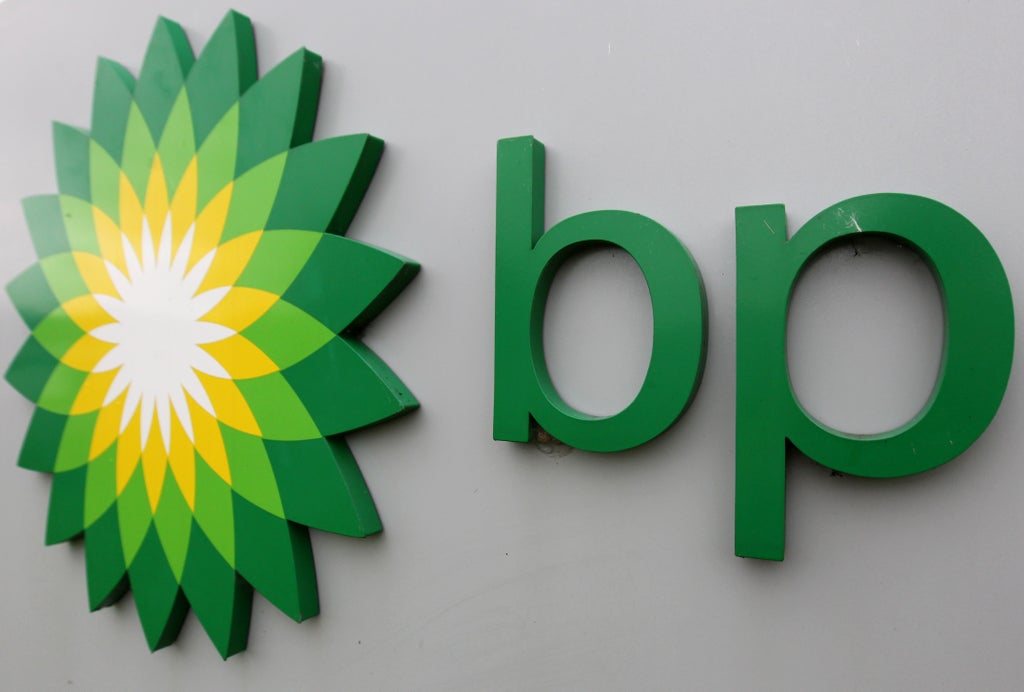
BP has posted £9.5bn ($12.8bn) in annual profits as it benefits from higher oil and gas prices amid calls for a windfall tax on the sector.
The oil giant rebounded to its highest profit in eight years after recording its biggest ever annual loss in 2020.
The company reported $4.07bn of profits in the final three months of 2021 alone, up from just $115m in the same period a year earlier.
BP's bumper profits announcement came after rival Shell also reported strong earnings on the same day UK households found out average bills would go up almost £700 a year.
Energy bills for millions of customers are set to rise more than 54 per cent in April after regulator Ofgem raised its energy price cap.
Oil companies’ huge profits have intensified public pressure for higher taxes on the sector.
However, the government has firmly rejected Labour and Liberal Democrat demands for a windfall tax to help fund the costs of financial support for struggling families and businesses.
While households face a squeeze, oil company shareholders are reaping big benefits.
BP also announced it would buy back another $1.5bn (£1.1bn) of shares and pay a dividend of 5.46 cents (3.37p) a share for the fourth quarter.
Ed Miliband, shadow secretary of state for climate and net zero, said: “BP’s results yet again demonstrate the case for a windfall tax.
“The boss of BP described the energy price crisis as a cash machine for his company, and the people supplying the cash are the British people through rocketing energy bills.
“In these circumstances, it is only fair and right for oil and gas producers to make an additional contribution to helping the millions of families facing a true financial crisis.”
Liberal Democrat leader Sir Ed Davey said: “It simply cannot be right these energy companies are making super profits whilst people are too scared to turn their radiators on and terrified there will be a cold snap.
“A windfall tax is the best way to get money to the people who need it quickly, but also to make sure there is some sense of trust and proportionality in the system.”
Alongside its results, BP also announced plans to boost its spending on low-carbon and renewable energy.
Chief executive Bernard Looney said: “2021 shows BP doing what we said we would – performing while transforming.
"We've strengthened the balance sheet and grown returns, we're delivering distributions to shareholders with 4.15bn US dollars of buybacks announced and the dividend increased, and we're investing for the future."
The Green Party called for an emergency “dirty profits tax”. Green spokesperson on economy and finance, Molly Scott Cato, said: “We say the tax on the profits of oil giants such as BP should rise from its current level of 10 per cent to 35 per cent, and the proceeds used to provide an immediate uplift in payments to people qualifying for income support schemes.
“This will make the polluter pay and is a fair tax, helping those in greatest need at such a difficult time. Ultimately, we need a comprehensive carbon tax which is a key Green Party policy.”







